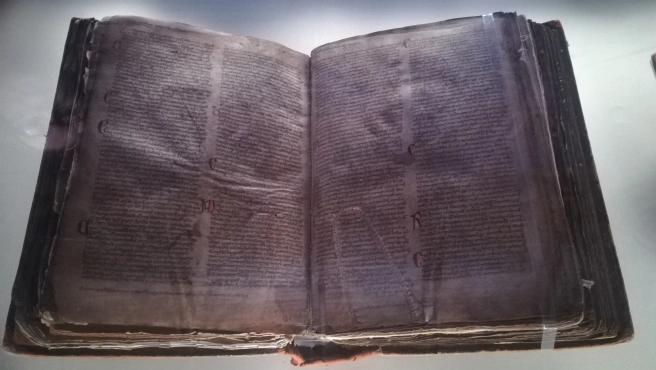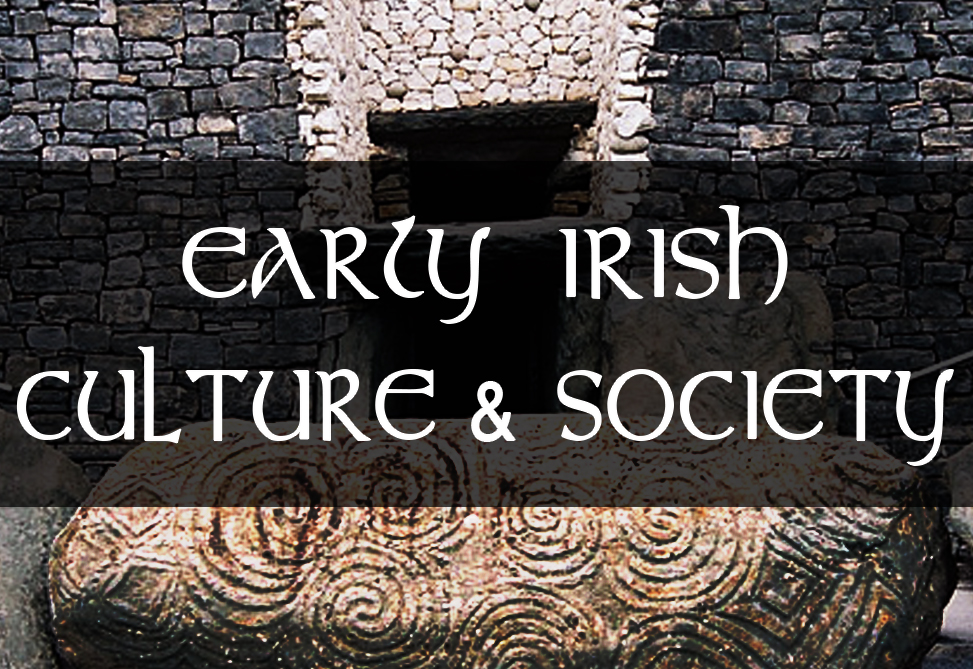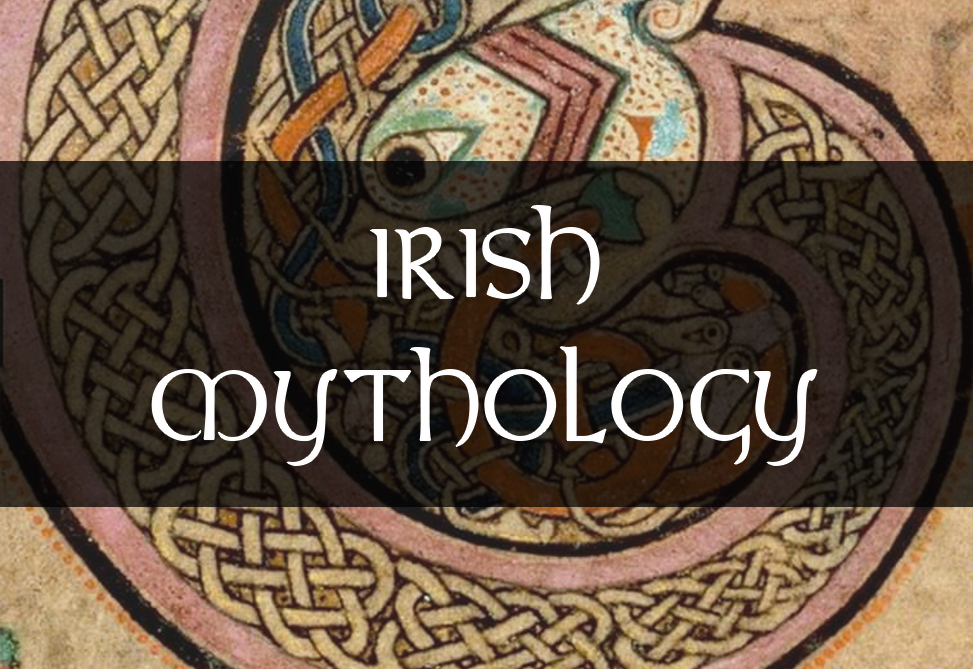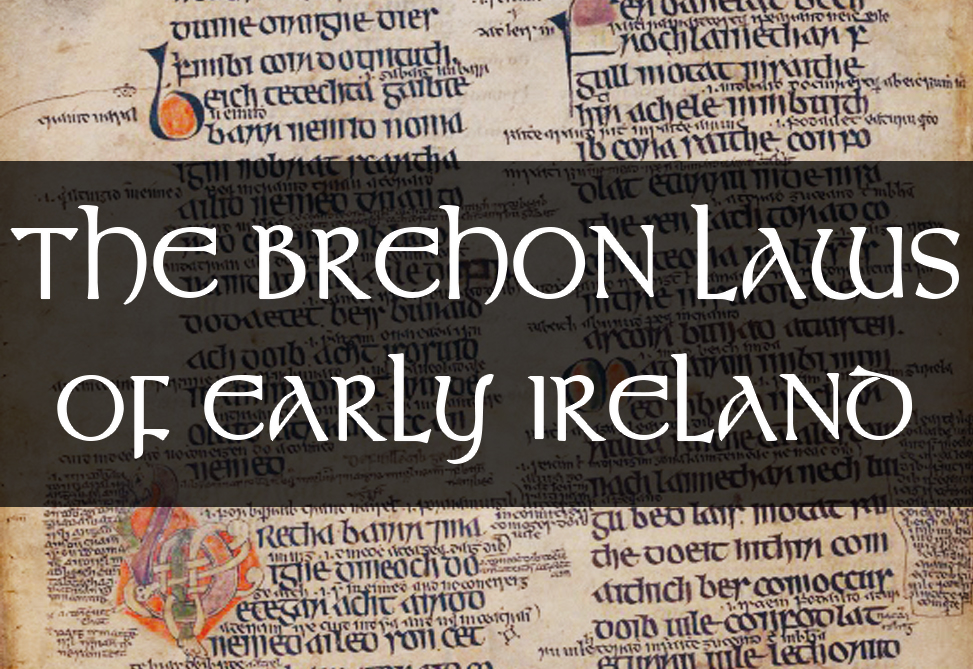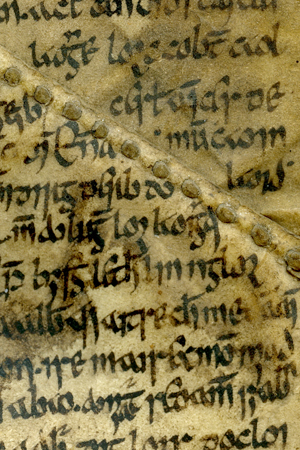The Corus Bescna, a remarkable text from early medieval Ireland, offers invaluable insights into the legal and social fabric of the time. As the fifth book of the Senchus Mór, a comprehensive collection of early Irish law, the Corus Bescna explores various aspects of customary law, including contracts, evidence, marriage, fosterage, and inheritance. Composed in Old Irish during the 7th or 8th century, this seminal work reveals much about the society and values that prevailed at the time.
“The world would be evilly situated if express contracts were not binding.”
The Corus Bescna is an essential source of information for understanding early Irish society, providing a wealth of knowledge about the legal, social, and economic life of the period. The text’s progressive views on women and marriage are particularly striking, recognizing the equality of women and men under the law, and upholding women’s rights to own property and enter into contracts.
Here are some additional facts about Corus Bescna:
- It is one of the oldest and most important sources of information about early Irish law.
- It was written in Old Irish and is thought to have been composed in the 7th or 8th century.
- It covers a wide range of topics, including contracts, evidence, marriage, fosterage, and inheritance.
- The text is notable for its progressive views on women and marriage.
- It is a valuable resource for historians and legal scholars.
The origins of the Corus Bescna lie in the Senchus Mór, which is not clearly divided into books. While the Corus Bescna is considered the fifth book of the original work, more than five books are thought to have existed, with the remaining portions yet to be discovered. The Ancient Laws of Ireland contains an unreliable translation of the text, while the oldest manuscript (14th century) with most of the Corus Bescna is found in the Irish Manuscripts Commission’s collotype facsimile, Oldest Fragments of the Senchas Mar.
When the author of the Corus Bescna wrote this seminal work, native Irish law, or “the law of nature,” was likely oral and memorized by filid, or poets.
Apart from the Corus Bescna, the Senchus Mór contains other significant texts such as the Book of Aicill, which explores the Irish family and clan system, land laws, and the constitution of clan and fine (family groups), as well as the rights and obligations of their members.
The text is also a testament to the forward-thinking nature of the Brehons, the early Irish jurists responsible for compiling the Senchus Mór, whose contributions continue to shape our understanding of early Irish society.
